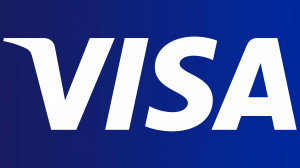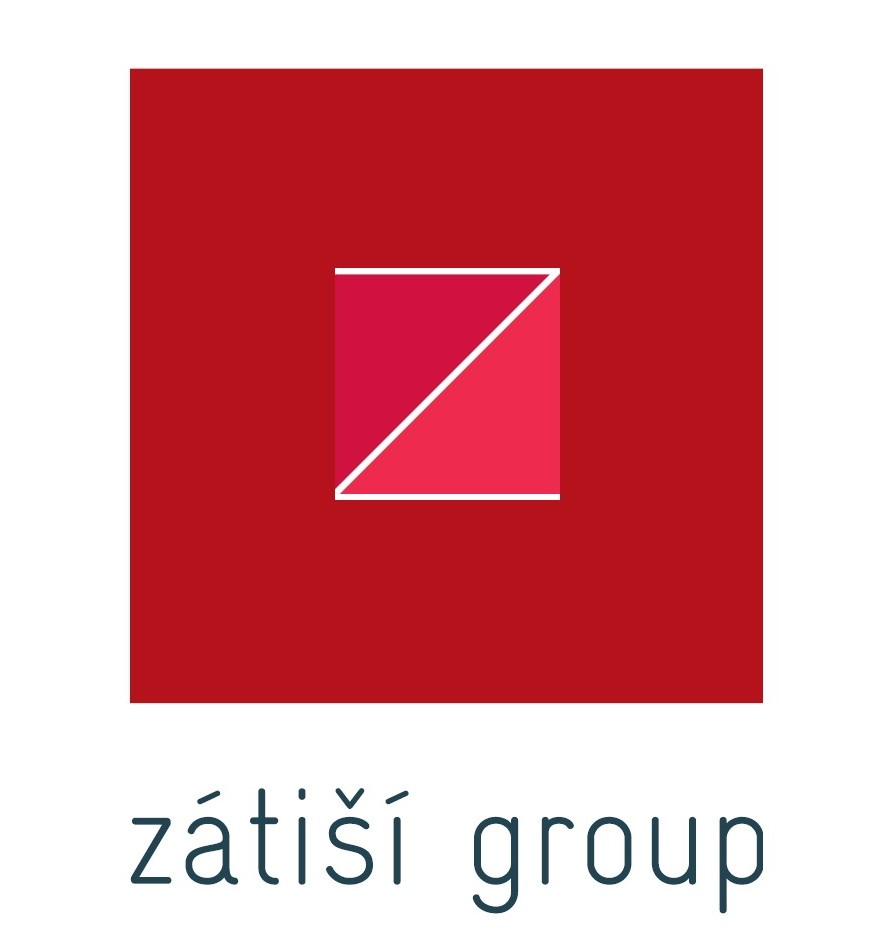IFRS Corner
1.12.2009Company: Amcham
IASB completes first phase of financial instruments accounting reform.
The International Accounting Standards Board (IASB) issued today a new International Financial Reporting Standard (IFRS) on the classification and measurement of financial assets. Publication of the IFRS represents the completion of the first part of a three-part project to replace IAS 39 Financial Instruments: Recognition and Measurement with a new standard - IFRS 9 Financial Instruments. Proposals addressing the second part, the impairment methodology for financial assets were published for public comment at the beginning of November, while proposals on the third part, on hedge accounting, continue to be developed.
 The new standard enhances the ability of investors and other users of financial information to understand the accounting of financial assets and reduces complexity – an objective endorsed by the Group of 20 leaders (G20) and other stakeholders internationally. IFRS 9 uses a single approach to determine whether a financial asset is measured at amortised cost or fair value, replacing the many different rules in IAS 39. The approach in IFRS 9 is based on how an entity manages its financial instruments (its business model) and the contractual cash flow characteristics of the financial assets. The new standard also requires a single impairment method to be used, replacing the many different impairment methods in IAS 39. Thus IFRS 9 improves comparability and makes financial statements easier to understand for investors and other users.
The new standard enhances the ability of investors and other users of financial information to understand the accounting of financial assets and reduces complexity – an objective endorsed by the Group of 20 leaders (G20) and other stakeholders internationally. IFRS 9 uses a single approach to determine whether a financial asset is measured at amortised cost or fair value, replacing the many different rules in IAS 39. The approach in IFRS 9 is based on how an entity manages its financial instruments (its business model) and the contractual cash flow characteristics of the financial assets. The new standard also requires a single impairment method to be used, replacing the many different impairment methods in IAS 39. Thus IFRS 9 improves comparability and makes financial statements easier to understand for investors and other users.
Furthermore, in response to suggestions made by some respondents, the IASB decided not to finalise requirements for financial liabilities in IFRS 9. The IASB has begun the process of giving further consideration to the classification and measurement of financial liabilities and it expects to issue final requirements during 2010.
Improvements to the accounting for financial assets (See attached chart)
The effective date of IFRS 9 – Financial Instruments is 1 January 2013. However, early adoption is permitted for 2009 year-end financial statements.
Sources:
http://www.iasb.org
If you have any questions, please do not hesitate to contact us.
Hana GREGÁSOVÁ, Manager, TACOMA audit
Tel: +420 226 219 000
Mobil: +420 605 292 807
E-mail: hana.gregasova@tacoma.eu
www.tacoma.eu


 The new standard enhances the ability of investors and other users of financial information to understand the accounting of financial assets and reduces complexity – an objective endorsed by the Group of 20 leaders (G20) and other stakeholders internationally. IFRS 9 uses a single approach to determine whether a financial asset is measured at amortised cost or fair value, replacing the many different rules in IAS 39. The approach in IFRS 9 is based on how an entity manages its financial instruments (its business model) and the contractual cash flow characteristics of the financial assets. The new standard also requires a single impairment method to be used, replacing the many different impairment methods in IAS 39. Thus IFRS 9 improves comparability and makes financial statements easier to understand for investors and other users.
The new standard enhances the ability of investors and other users of financial information to understand the accounting of financial assets and reduces complexity – an objective endorsed by the Group of 20 leaders (G20) and other stakeholders internationally. IFRS 9 uses a single approach to determine whether a financial asset is measured at amortised cost or fair value, replacing the many different rules in IAS 39. The approach in IFRS 9 is based on how an entity manages its financial instruments (its business model) and the contractual cash flow characteristics of the financial assets. The new standard also requires a single impairment method to be used, replacing the many different impairment methods in IAS 39. Thus IFRS 9 improves comparability and makes financial statements easier to understand for investors and other users. 




